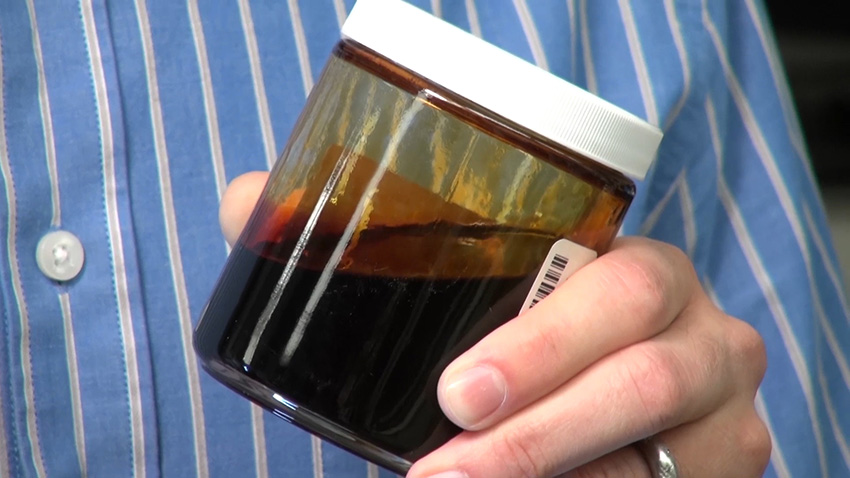
Water Gunks Up Biofuels Production from Bio-Oils
New findings will help extend the lifetime of catalysts used to process bio-oils in liquid systems.

New findings will help extend the lifetime of catalysts used to process bio-oils in liquid systems.
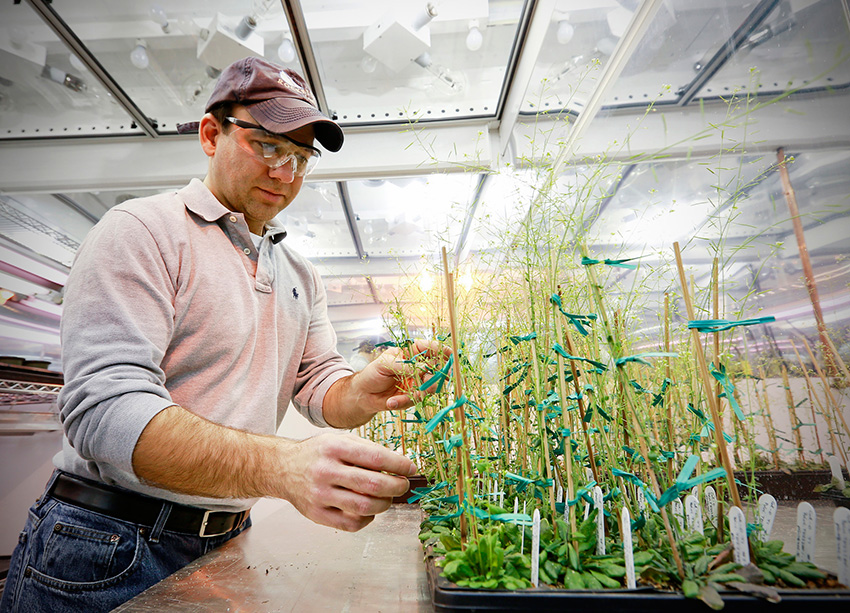
Identifying enzyme instigators will speed the ability to manipulate plant cell wall structures for renewable feedstocks.
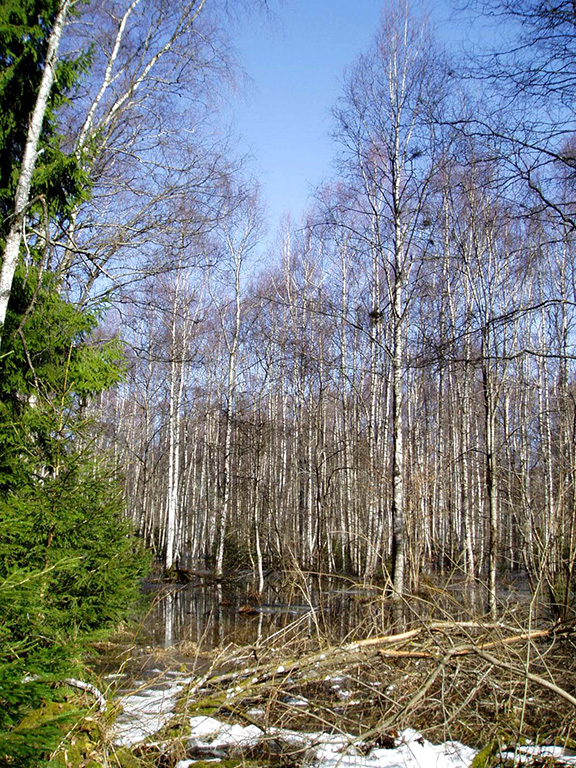
Advances in simulating biogeochemical processes in permafrost will improve predictions of potential impacts on climate.

Glaciers in cold, dry ecosystems respond differently to changes in climate than glaciers in warmer climates.
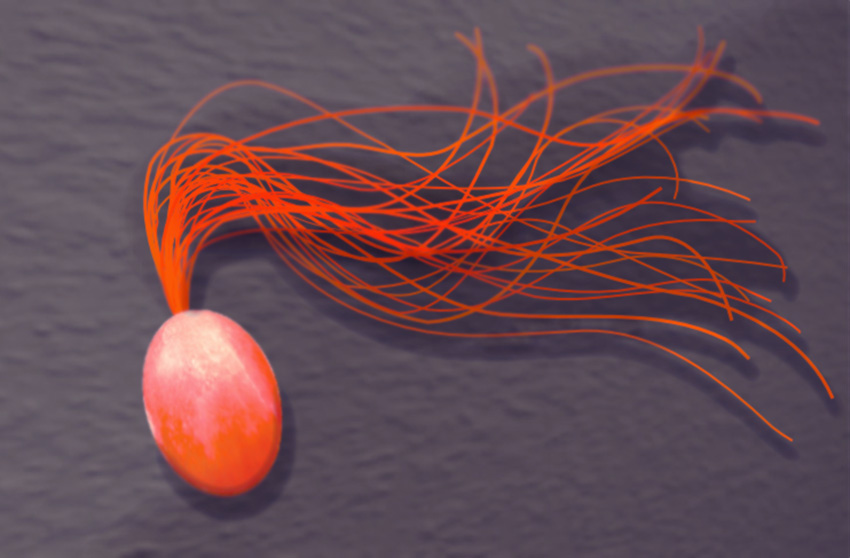
Study reports first significant alcohol production by an archaeon.
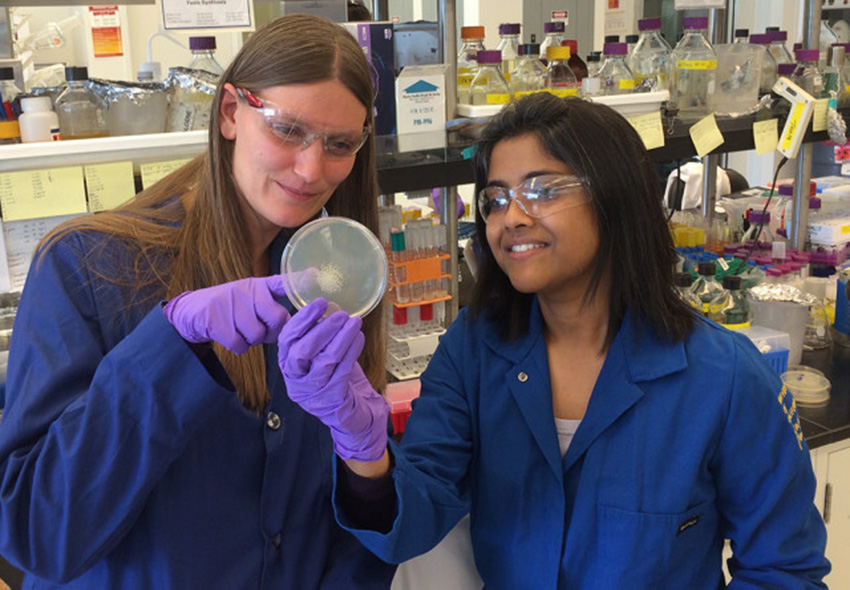
Researchers use engineered bacteria to simplify biofuels production, potentially lowering cost.
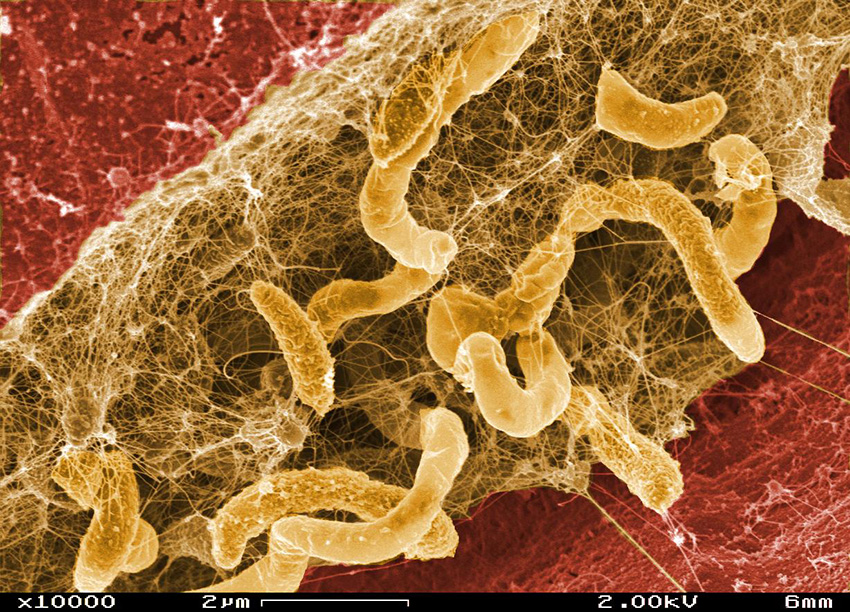
Microbes often evolve and work together to thrive in no oxygen situations, hinting at how carbon and energy flow just below soils and sediments.
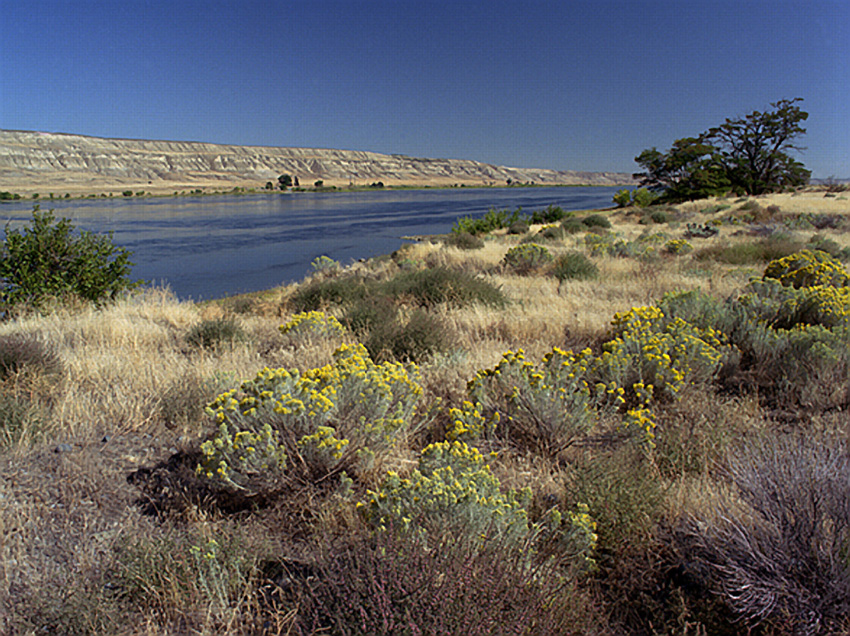
Findings could aid contaminant management efforts at former weapons production and industrial processing sites.
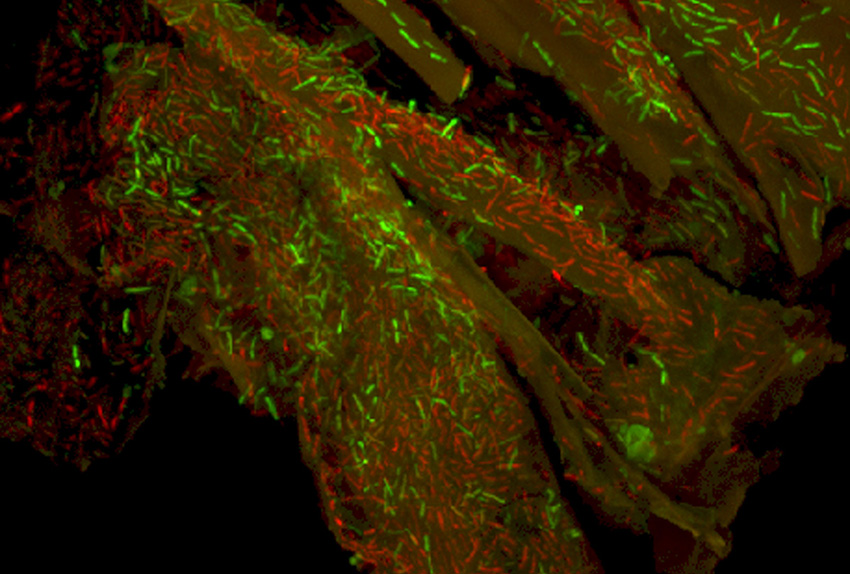
Discovery of a new enzyme system sheds further light on a microbe’s ability to efficiently break down inedible plant matter for conversion to biofuels and biobased chemicals.
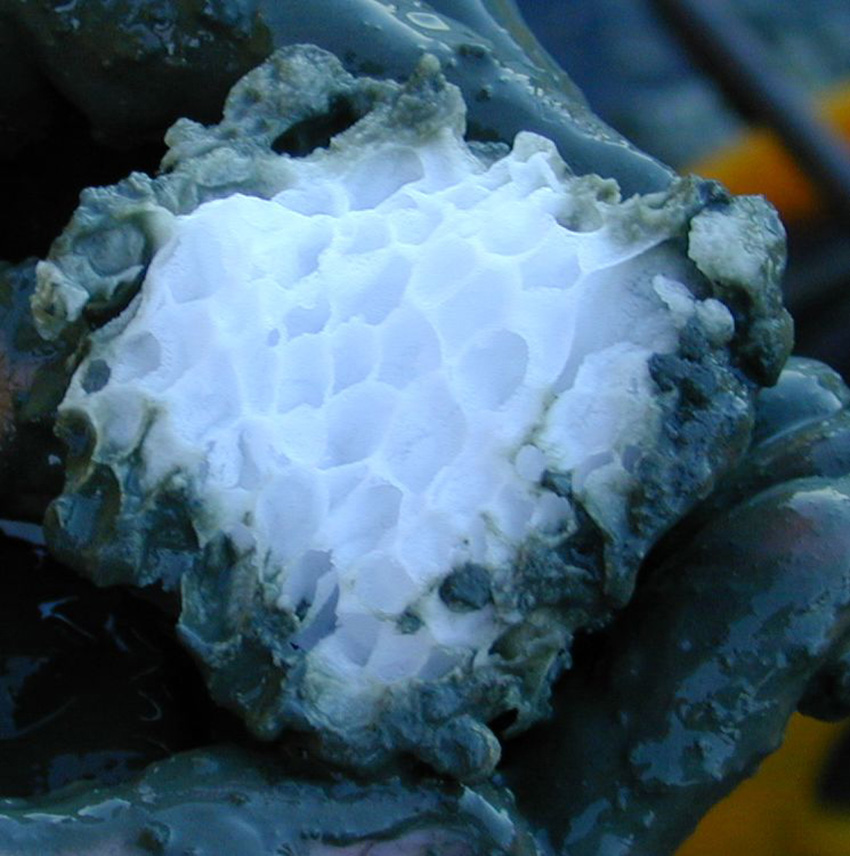
Understanding how iron minerals accelerate collaborative metabolism will expand insights into the global carbon cycle.
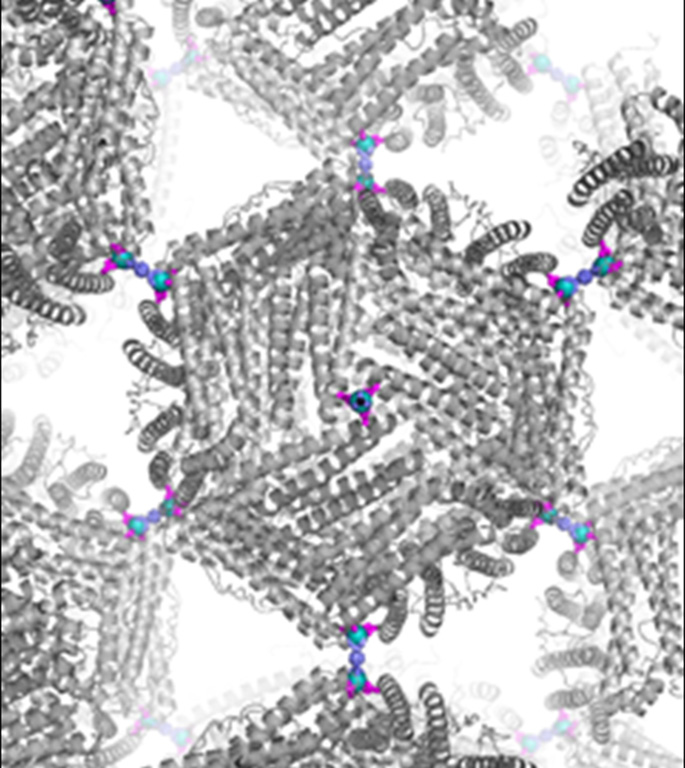
Predictable assembly of protein building blocks result in a new class of porous materials, with potential uses ranging from efficient fuel storage to practical carbon capture and conversion.

A low-cost, stable oxide film is highly conductive and transparent, rivaling its predecessors.
Signup for the Office of Science’s GovDelivery email service, and check the box for the Biological and Environmental Research Program in your subscriber preferences.
Subscribe